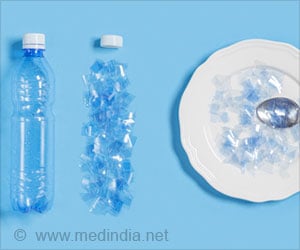The team enhanced NELL-1’s therapeutic potential by extending the molecule’s half-life from 5.5 hours to 15.5 hours without losing bioactivity and bio-conjugated an inert bisphosphonate (BP) to create a “smart” BP-NELL-PEG molecule that more specifically targets bone tissues without the common destructive effects of BP.
, showed that BP-NELL-PEG displayed superior specificity for bone tissue without causing observable adverse effects.
“If human studies bear this out, BP-NELL-PEG could be a promising tool to combat bone loss and musculoskeletal deterioration, especially when conventional resistance training is not feasible due to injuries or other incapacitating factors,” said co-principal investigator, Kang Ting from the Forsyth Institute in Cambridge, Massachusetts.
Promising Results of Bone Restoration in Mice Study
To test BP-NELL-PEG in real space conditions, the researchers conducted a mice study, where they exposed half of the ISS mice to microgravity for a lengthy nine-week period to simulate the challenges of long-duration space travel.
Advertisement
The remaining mice were flown back to Earth at 4.5 weeks post-launch. Both groups were treated with either BP-NELL-PEG or phosphate buffered saline (PBS) control. An equivalent cohort of mice remained at the Kennedy Space Centre and was treated with BP-NELL-PEG or PBS, to serve as normal Earth gravity controls.
Both flight and ground mice treated with BP-NELL-PEG exhibited a significant increase in bone formation. The treated mice in space and on Earth displayed no apparent adverse health effects.
Reference :
- Bisphosphonate conjugation enhances the bone-specificity of NELL-1-based systemic therapy for spaceflight-induced bone loss in mice – (https://www.nature.com/articles/s41526-023-00319-7)
Source: IANS



